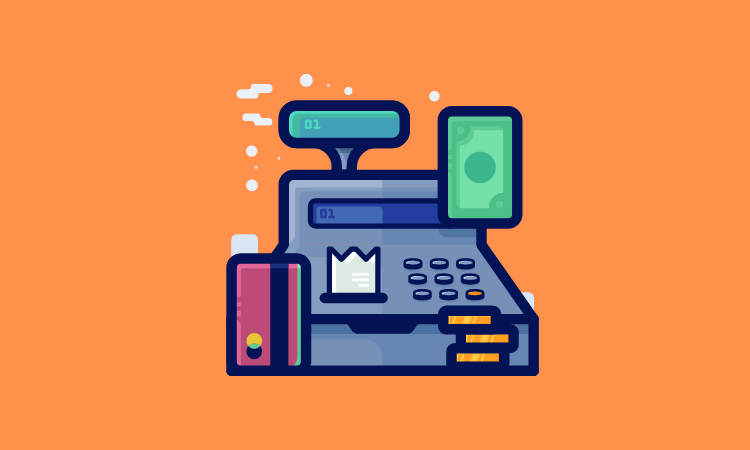Member Exclusive, Payments
Affirm’s new deal with Shopify bakes it into Shop Pay Installments
- The partnership gives Affirm a new distribution route with access to 1.7 million merchants.
- A Barclays report says investors are underappreciating the partnership but that there’s no need.








